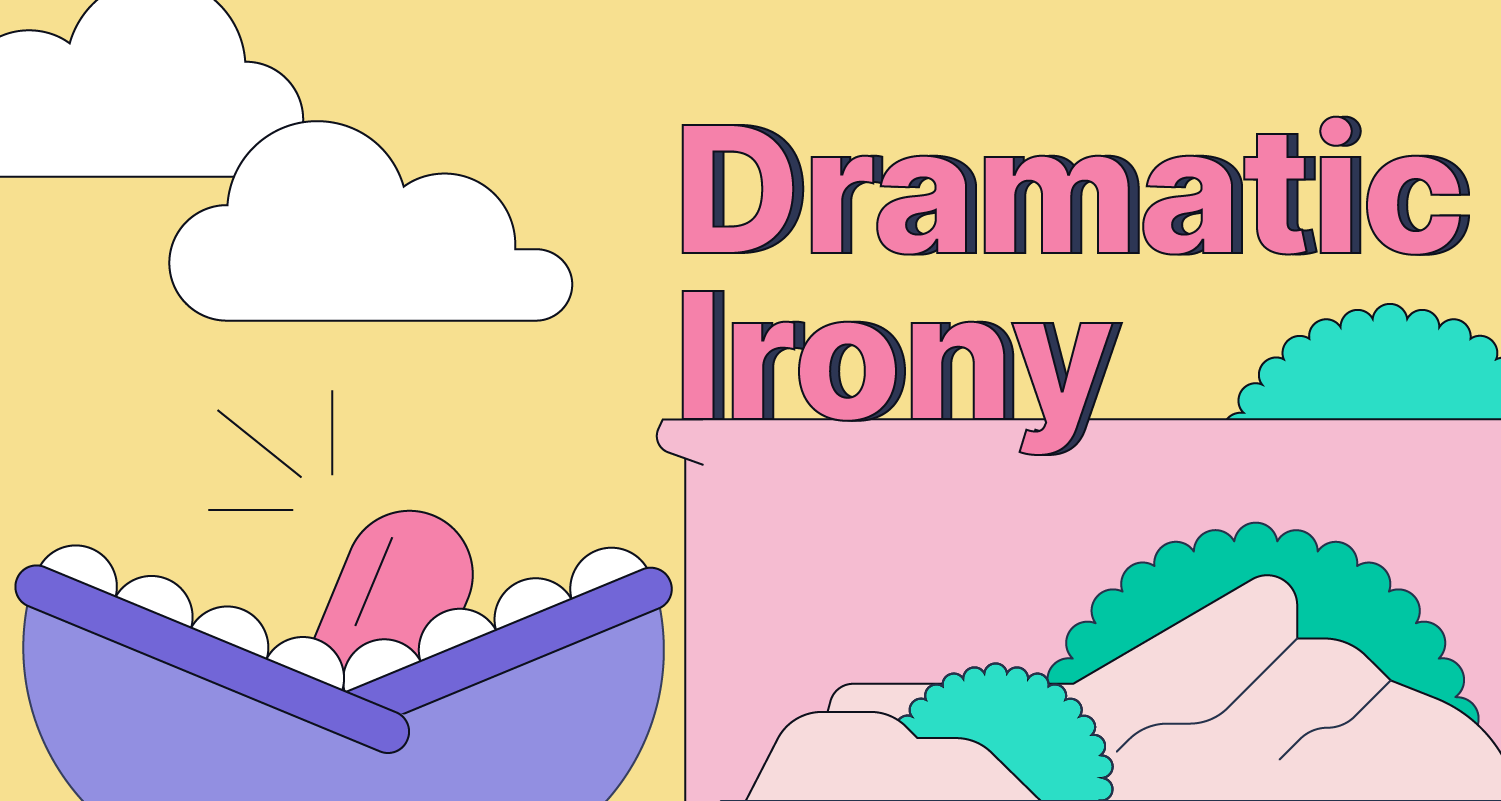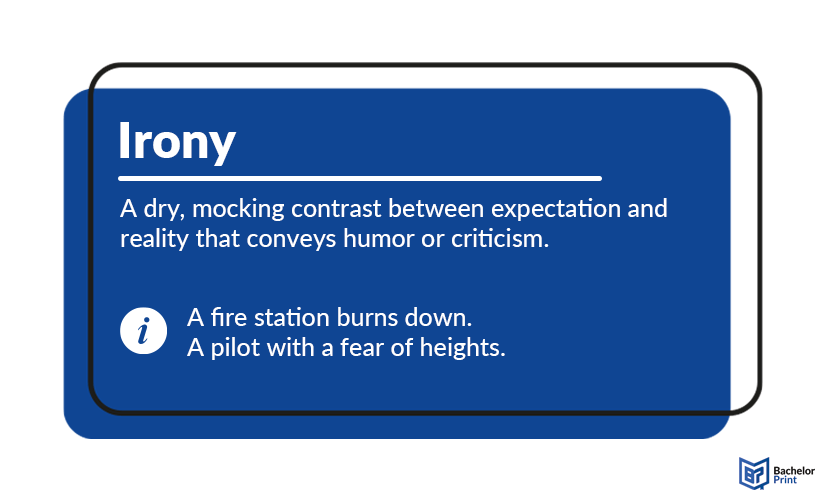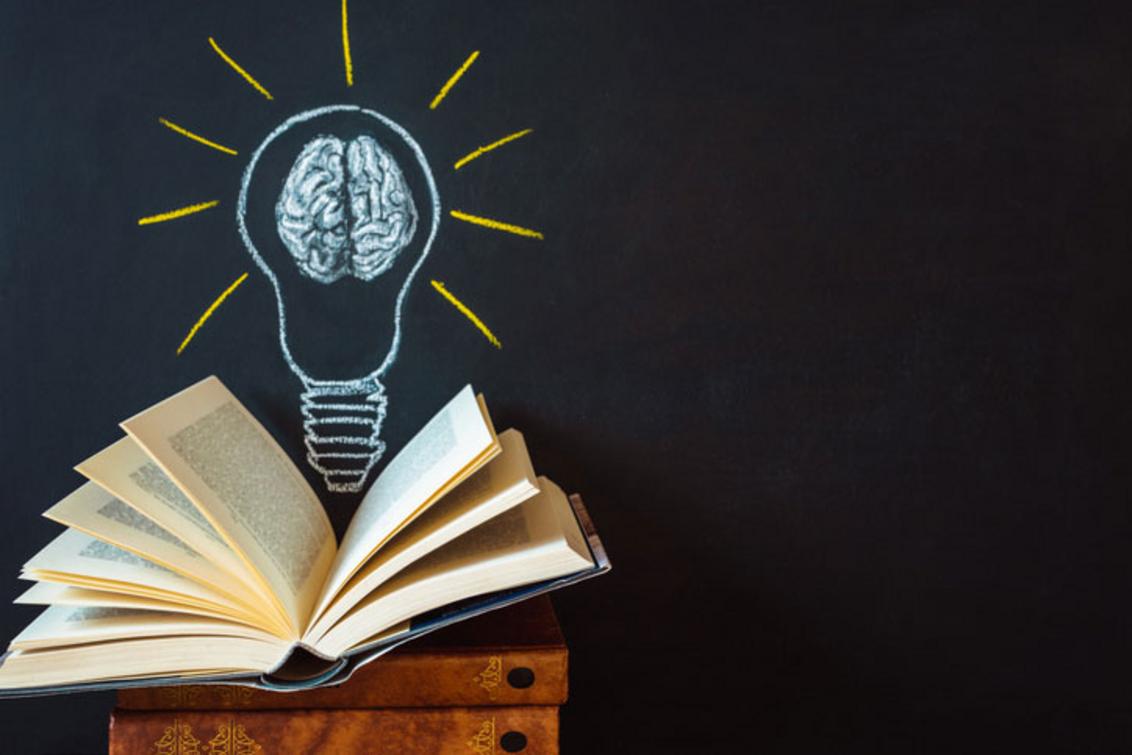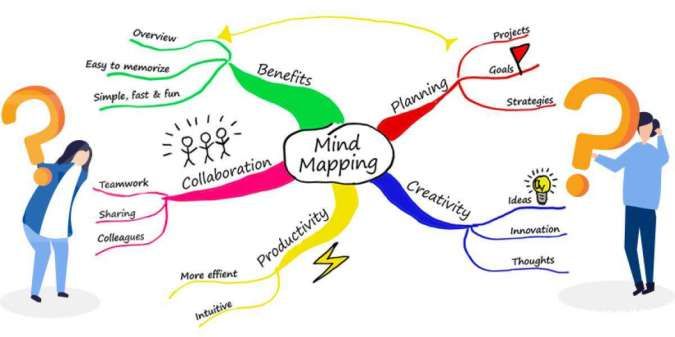
Irony in literature is a powerful tool that writers use to create depth, complexity, and intrigue in their works. It is a technique that involves expressing meaning through contradiction or incongruity, where what is said or expected differs from what is meant or happens. This contrast gives irony in literature its unique ability to add layers of meaning, often provoking thought and evoking emotions in readers. In literature, irony is not just a simple device; it’s a way of revealing truths about human nature, society, and the world itself.
Types of Irony in Literature

Irony in literature appears in many forms, each with specific characteristics and purposes. The most common types are verbal irony, situational irony, and dramatic irony. Understanding these types helps readers and writers appreciate how irony in literature functions.
Verbal Irony in Literature
Verbal irony occurs when a character says something but means the opposite. It’s often mistaken for sarcasm but isn’t always as harsh. The speaker may state one thing, while the underlying meaning is entirely different. For example, if a character walks into a storm and says, “What a lovely day,” they use verbal irony. The literal words contradict the reality of the situation, creating humor or poignancy. This type of irony highlights contradictions within characters’ thoughts or behaviors, offering insight into their inner conflicts, which is often a key aspect of irony in literature.
Situational Irony in Literature
Situational irony happens when there is a discrepancy between what is expected to happen and what actually occurs. The outcome is often unexpected, and this twist surprises and provokes thought. For instance, in O. Henry’s famous short story The Gift of the Magi, a couple sacrifices their most prized possessions to buy gifts for each other. Ironically, their sacrifices render the gifts useless. The irony deepens the emotional weight of the narrative, emphasizing themes of love, sacrifice, and the futility of materialism. This type of situational irony is a classic example of irony in literature at its best.
Dramatic Irony in Literature
Dramatic irony occurs when the audience knows something that the characters do not. This type of irony creates tension, suspense, or humor as the audience anticipates how the characters will react once they uncover the truth. A classic example of dramatic irony in literature is found in Shakespeare’s Romeo and Juliet. The audience knows Juliet is not truly dead, but Romeo does not, leading to tragic consequences. Dramatic irony allows readers to feel helpless, watching the events unfold while knowing the characters are unaware of their fate. This suspense is a key feature of irony in literature.
Irony in Literature as a Tool for Critique and Reflection
Irony in literature is more than just a tool for amusement or surprise. It often serves a deeper purpose in literature, allowing writers to critique social norms, human behavior, or political structures. By exposing contradictions between appearance and reality, irony questions accepted truths and challenges the status quo.
For example, in George Orwell’s Animal Farm, the animals overthrow their human oppressors only to live under an equally oppressive regime. The ironic twist lies in the fact that the animals’ revolution, meant to bring freedom and equality, results in a more oppressive rule. Orwell uses irony to criticize totalitarian regimes and the corrupting influence of power. This form of irony underscores the dangers of blindly following ideologies without recognizing the contradictions within them. The critique found in irony in literature is one of its most powerful aspects.
The Role of Irony in Literature in Character Development
Irony in literature also plays a significant role in character development knowledge. It often reveals the complexities and contradictions within characters, making them more relatable or enigmatic. Characters may express ironic statements or experience ironic situations that highlight their internal struggles, personal growth, or eventual downfall.
Take, for instance, Holden Caulfield in J.D. Salinger’s The Catcher in the Rye. Throughout the novel, Holden frequently uses verbal irony to express his cynicism and disillusionment with the world around him. His ironic remarks act as a defense mechanism, a way to distance himself from painful truths he is unwilling to confront. Through these ironic moments, readers glimpse Holden’s vulnerability and emotional turmoil, which makes him a more complex and authentic character. This use of irony in literature helps to create a richer, more layered character.
The Impact of Irony in Literature on Reader Engagement
Irony in literature is effective because it engages readers on a deeper level. It challenges readers to look beyond the surface of the text and consider the underlying meanings. Irony encourages critical thinking about the contrast between appearances and reality, urging readers to explore contradictions within human nature.
In many cases, irony creates a sense of satisfaction for the reader. When readers recognize an ironic twist or understand the deeper meaning behind a character’s ironic statement, they feel as though they’ve uncovered something hidden. This intellectual engagement strengthens the connection between the reader and the text. Recognizing irony in literature adds a layer of depth to the reader’s experience.
Irony in Literature’s Emotional Impact
In addition to its intellectual appeal, irony in literature has a profound emotional impact. The tone of irony can vary greatly, ranging from humor to tragedy, depending on its use. The unexpected nature of irony often leads to emotional responses, as readers are surprised by the contradictions they encounter.
For instance, the irony in The Great Gatsby, when Gatsby’s dream of rekindling his romance with Daisy is ultimately crushed, elicits a sense of tragic futility. Conversely, the verbal irony in Oscar Wilde’s The Importance of Being Earnest generates humor and wit, delighting readers with its cleverness. Irony evokes both laughter and sorrow, demonstrating its versatility as a literary device.
Conclusion: Embracing the Complexity of Irony in Literature
Irony in literature, with its layers of contradiction and hidden meaning, remains one of the most intriguing and versatile tools in writing. It allows writers to explore complex themes, develop multidimensional characters, and engage readers on both an intellectual and emotional level. Whether used to critique society, develop characters, or simply surprise readers, irony’s power lies in its ability to reveal deeper truths about the world and human nature. Recognizing and understanding irony in literature invites readers to look beyond the obvious and embrace the complexities that lie beneath the surface of a literary work.







